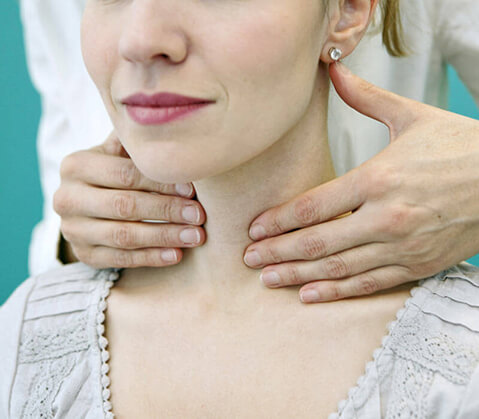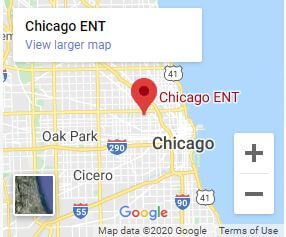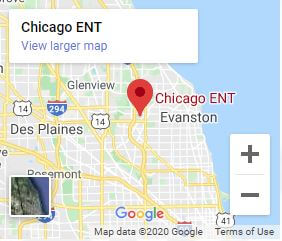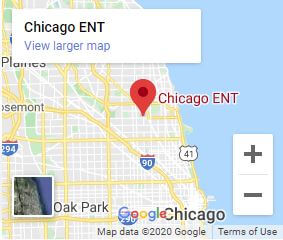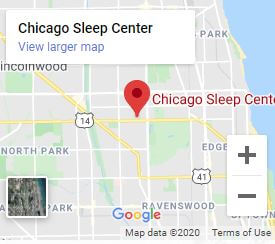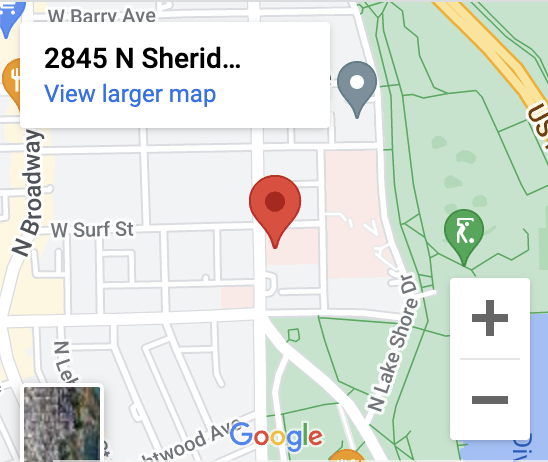One of the biggest barriers in the treatment of sleep apnea is patients never taking the first step to be treated: acknowledging they might have a problem. “Sleep apnea is a disease complicated by denial,” says Michael Friedman, MD, Medical Director at Chicago ENT. “Since patients are asleep, they are often in denial about snoring or gasping. They are equally resistant to accept the fact that they are somnolent and fall asleep at inappropriate times and places.”
In a recent survey, the patient and spouse answered questions independently and confidentially about the patient’s level of snoring and the likelihood of falling asleep while reading, watching TV, or driving. The responses were markedly different. “This indicates what’s overwhelmingly common with this condition—major denial by the patient,” said Dr. Friedman.
 Photo by Kinga Cichewicz on Unsplash
Photo by Kinga Cichewicz on Unsplash
And it’s important that patients with sleep apnea seek treatment. Sleep apnea is more than just a problem with snoring. It is a problem that can have severe effects on relationships, energy level, and health including weight gain and impotence, to name a few. Undiagnosed, it can even lead to serious health complications like stroke, high blood pressure, heart attack, irregular heartbeat, and more. Denial allows undiagnosed sleep apnea to continue running its course, wearing down a person’s energy and overall health.
Now, however, as technology advances, new at-home wearable devices are helping patients realize their condition. Beddr recently launched Sleep Tuner, a device that is FDA-registered and measures and tracks heart rate, blood oxygen levels, sleep position, and even stopped breathing events. It syncs with an app to give you data over time, showing patients how often their breathing may have stopped overnight.
You may think an at-home device would step on the toes of doctors who would rather see the patient in person, but with the denial factor, these devices are more than welcome as a first step. “While the device isn’t as accurate as a full sleep study and doesn’t offer any form of treatment, it may help patients break through the denial and bring the patient in for definitive diagnosis and treatment,” said Dr. Friedman. “A self-administered device can alert patients that they may have a problem.”
When you realize you may have a problem and visit a medical professional for diagnosis, the test is much more complex. “Sleep disorders are diagnosed by assessing thousands of bits of information gleaned from sixteen different monitors recording information every 30 seconds,” said Dr. Friedman. “Oxygen levels are only one of many data points used in an evaluation. Accurate oxygen monitoring by Beddr is a valuable tool, but by no means does it tell a complete story or provide an accurate diagnosis of sleep disorders.”
Also, one should keep in mind the potential risks in relying only on an at-home self-administered device. Studies have shown sleep tracking devices can cause Orthosomnia, a disorder where people are obsessed with getting “correct” sleep and wearables actually end up interfering with their restful sleep. Read more.
Once you realize you have a problem, leave the diagnosis and tracking to the experts. “Fortunately we now have professional home testing equipment that gives us precise measurements of brain activity and detailed data about sleep without guesswork,” said Dr. Friedman.
Do you suspect you or a loved one may have sleep apnea? Consider a wearable like Beddr as a first step, or if you’re ready, make an appointment to see one of our sleep apnea specialists today.
Header Photo by Adi Goldstein on Unsplash






